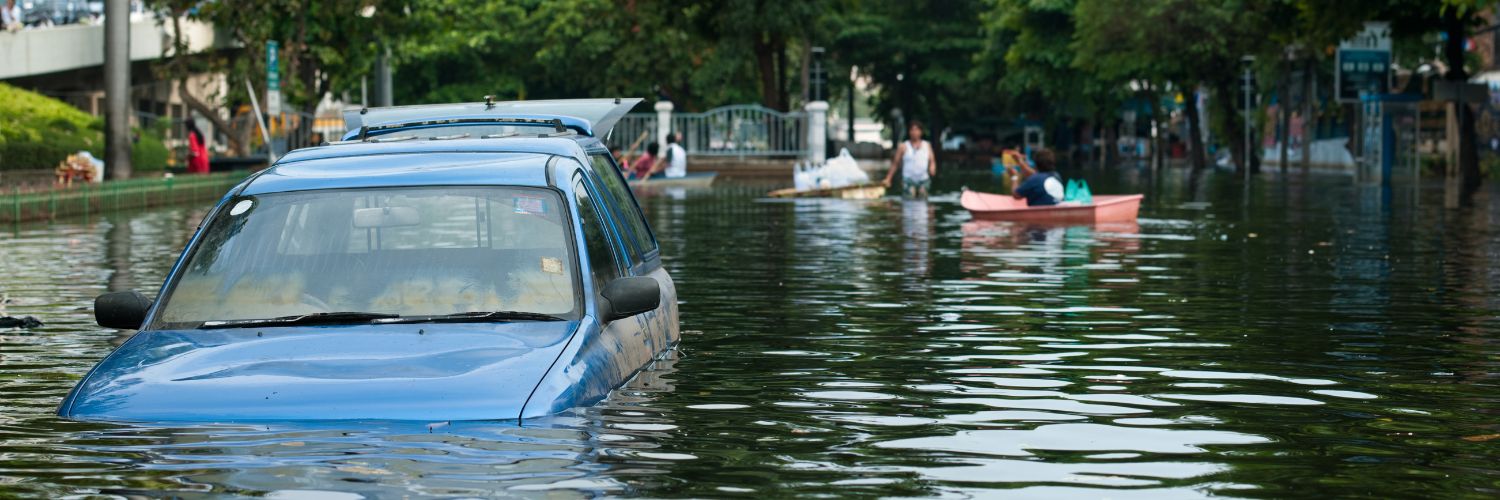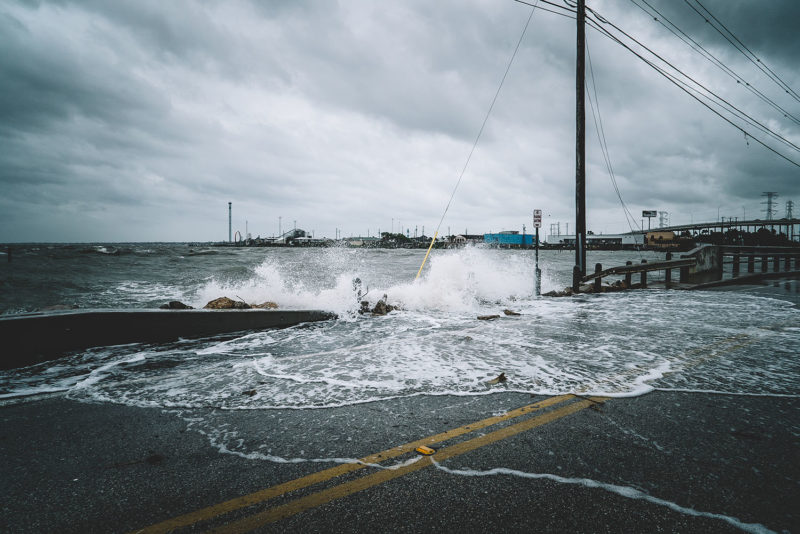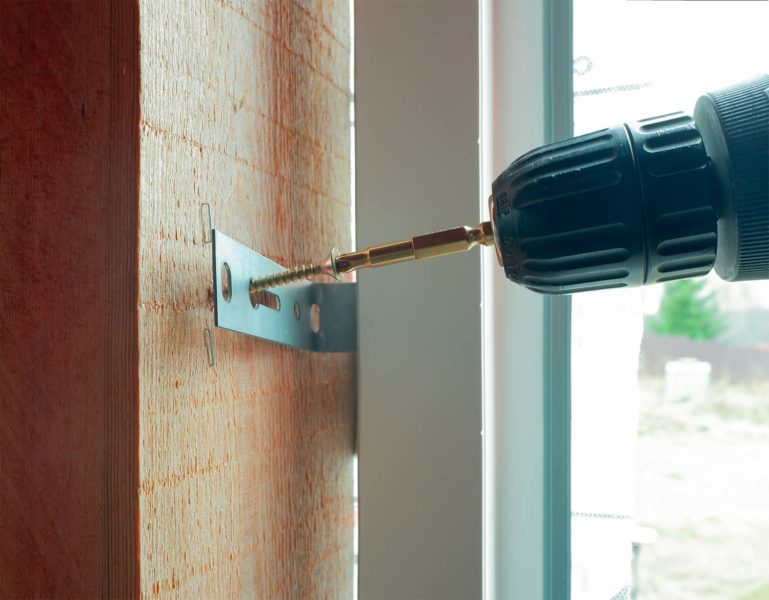

How to respond to natural disasters
The increase in extreme weather events is a challenge for governments and the population. What are the economic consequences of climate change? How can we prepare for natural disasters that affect our territory? We talked about it with Gemma Vallet, director of 11Onze District and Carolina Rafales, from the product team.
This year’s summer is expected to be one of the hottest in the historical series, a forecast that seems to be repeated year after year—an early summer marked by unsettled weather and storms. More and more often, meteorologists are warning of a new DANA, better known as a cut-off low, which can cause heavy rainfall for hours or days.
The effects of climate change are increasingly palpable, and we have no choice but to adapt and take the necessary measures to mitigate the economic and social effects that come with these extreme weather events. As Carolina Rafales explains, “These meteorological phenomena can present violent storms and hailstorms, so we must be prepared”.
How to deal with a DANA
This meteorological phenomenon is characterised by torrential rainfall, often violent and accompanied by strong winds, which can cause flooding. The fact that this rainfall occurs in a short time and in very localised areas means that it can cause years of damage to infrastructures and buildings, as it is difficult to channel so much water.
If the region where we live can be affected by a cut-off low, “it is essential to stay informed of the development of the storm and avoid leaving home on foot or by car,” says Rafales.
She also reminds us that “we must make sure that the pipes and drains in our house are free of obstructions”.
Similarly, it would not be a bad idea to be prepared if the electricity goes out, which is one of the negative effects that frequently result from these storms. Rafales advises us to always have our mobile phones charged, or external backup batteries. In cases of extreme flooding, we will have to leave the affected area and seek shelter on higher ground, so it is advisable to have an emergency kit ready, including spare clothes, torches, a radio, a first aid kit and provisions.
If you want to discover fair insurance for your home and for society, check 11Onze Segurs.
Leave a Reply
You must be logged in to post a comment.






Gràcies!
Gràcies, Joan!!!
👏👏
Gràcies, Daniela!!!
👍
Gràcies, Manel!!!